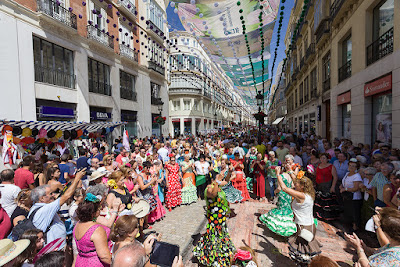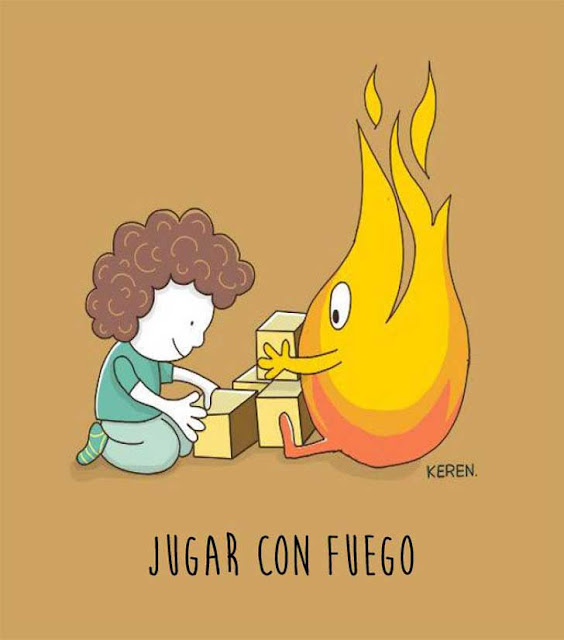Feliz Navidad
Feliz NavidadFeliz Navidad
Feliz Navidad
Prospero Año y Felicidad.
Feliz Navidad
Feliz Navidad
Feliz Navidad
Prospero Año y Felicidad.
I wanna wish you a Merry Christmas
I wanna wish you a Merry Christmas
I wanna wish you a Merry Christmas
From the bottom of my heart.
Navidad - Christmas
(día de) Navidad - Christmas Day;
¡Feliz Navidad! - Happy Christmas!
Navidades - Christmas (time)
por Navidades - at Christmas (time)
calcetín de Navidada - Christmas stocking
Nochevieja Can you work out what happens at midnight on the 31st December?
Here is another link to explain the traditions of Christmas in Spain
Pluto's Christmas tree in Spanish.
Listen for these words and phrases -
Hint - cordero = lamb
Nochevieja Can you work out what happens at midnight on the 31st December?
Here is another link to explain the traditions of Christmas in Spain
Pluto's Christmas tree in Spanish.
Listen for these words and phrases -
Árbol
¡Carrumba!
¡Muy bien, andar, vámonos!
¿Qué te parece?
¡Mira Pluto, ya está!
Ardillas listadas
Son muy graciosos.
Hint - cordero = lamb

























































